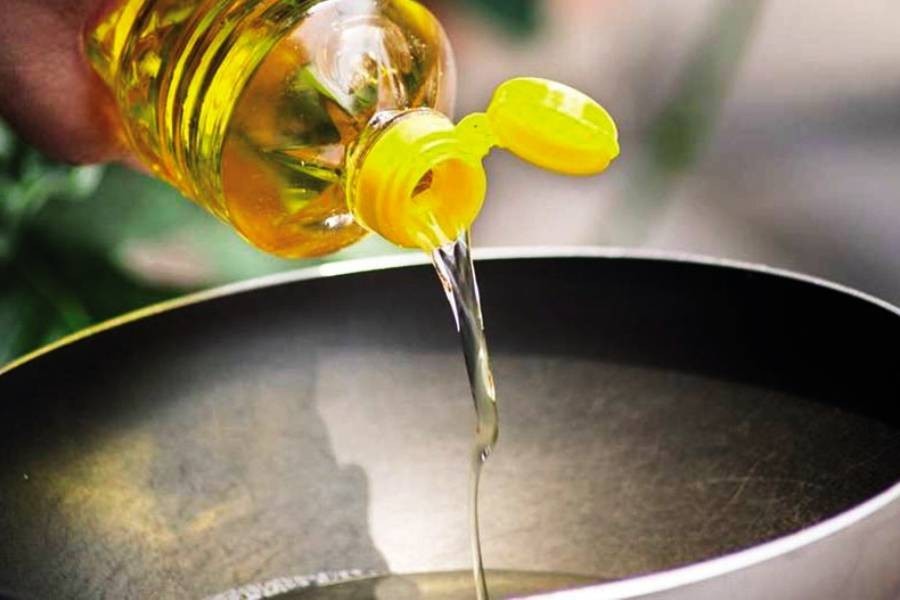A national seed-producing agency now gears up to increase edible oil-crop production and exploit technology as Bangladesh's import-dependence is capitalised to jack up prices of cooking oils.
The Bangladesh Agricultural Research Institute (BARI) has focused on a varietal improvement on oilseeds alongside harnessing modern technologies to boost the cooking-oil production in the country.
Bangladesh now produces around 30 per cent of oil needs from its own oilseed production while the vast remainder comes from imports. The yearly import cost of crude and finished oils is nearly Tk 300 billion.
The Gazipur-based institute identified rapeseed or mustard, groundnut, sesame, soybean, sunflower, linseed, safflower and Niger for varietal improvement and hybridization in the push for ending heavy import dependence.
Dr Md Selim Uddin, Principal Scientific Officer at the oilseed wing of BARI, says: "We're working on mustard and sunflower for hybridization.
"We expect one new hybrid mustard canola variety may be released within next one year."
Bangladesh's traditional oilseeds usually take long time, up to 120 days, which is a barrier to increasing production. For this reason, the institute wants to shorten the duration, he told the FE.
"We want to develop varieties which will be ripe within 80-90 days so that the farmers can harvest between two paddy seasons."
Farmers have typically focused growing rice partly because the government sets price floors for the crop and buys some of them.
And Dr Selim says a shift in mindset is not likely overnight.
High-yielding rapeseed and sunflower varieties and remunerative prices could boost the nation's output, he thinks.
Unpredictable weather is also challenging for oilseed production.
DAE sources say Bangladesh produces a total of 1.2 million tonnes of oilseed with an area of 812,000 hectares of land.
The country's annual demand for edible is estimated at 1.51 million tonnes with local production trailing at 346,500 tonnes.
BARI usually distributes its seeds to farmers through state-owned BADC, DAE and NGOs.
Cooking oils are an integral part of the diet in the country. They play a starring role in feasts served during the country's massive festivals during Eid-ul Fitr and Eid-Ul Azha.
The consumer food prices rose in December at their fastest pace of 6.05 per cent amid soaring costs for many goods, including vegetable oils, which jumped more than nearly 40 per cent from a year earlier.


